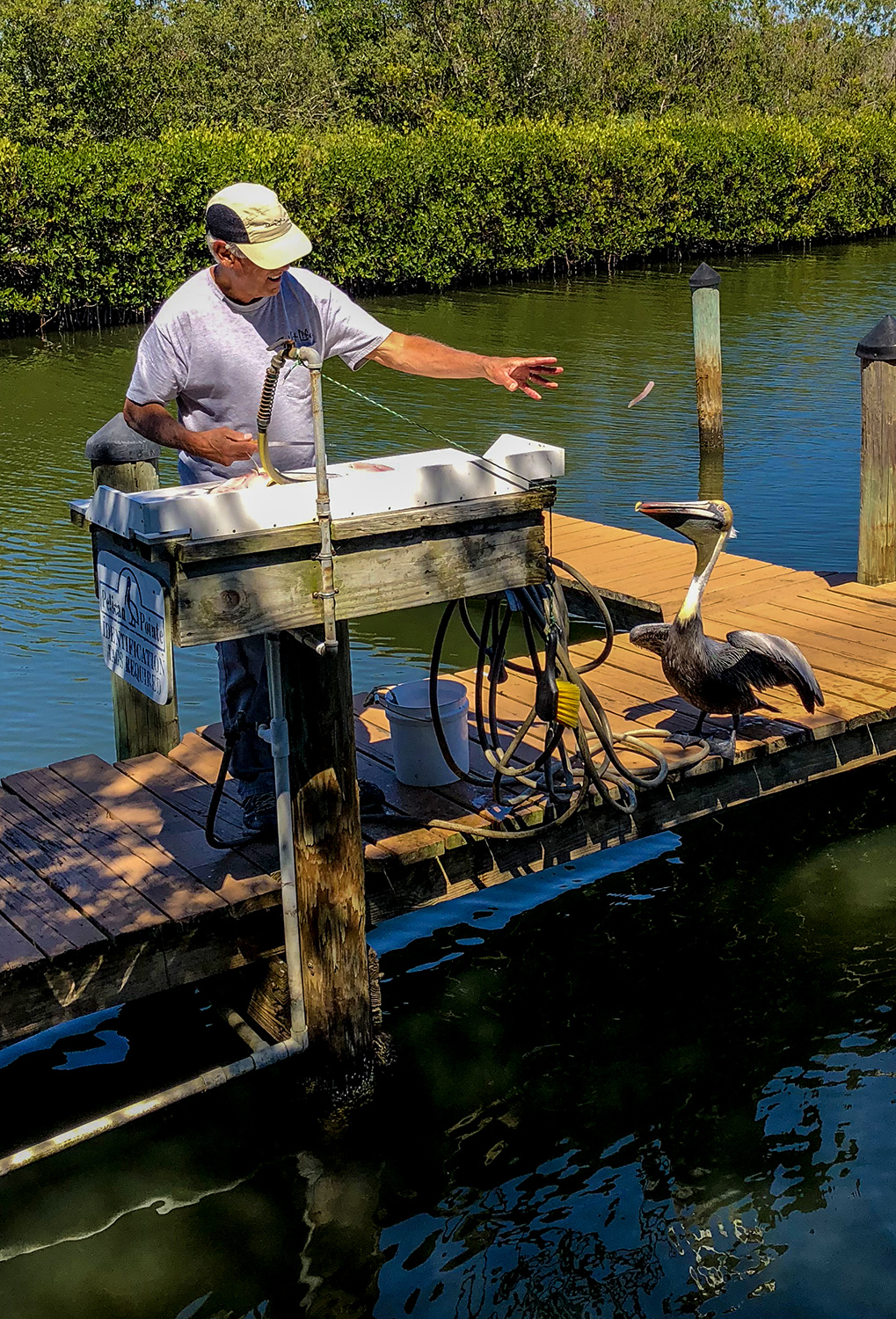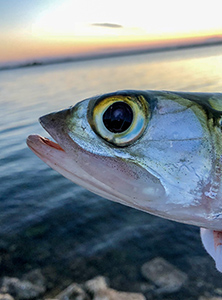
Brown Pelican
Pelicans
Some birds definitely harken back to their prehistoric roots more than others. In Florida, the Brown Pelican is ubiquitous, and the State has many spots named after the birds, including our family spot - Pelican Pointe in Sebastian, Florida.
The pelicans are my constant companions in the morning while we both fish, they much more successfully for the most part than I. I love watching the flocks of Brown and White pelicans out over the river, and as our spot overlooks the Pelican Island National Wildlife Refuge, we get to see many, many pelicans. The foresight of President Teddy Roosevelt in creating what would become the very first National Wildlife Refuge was amazing, and the current administration could learn something from the past, that wildlife, and the environment in general, is to be treasured, not simply used for the greatest economic benefit.
Unfortunately, while Florida is generally pretty good about most things environmental, the tide is literally turning these days and development permits on the Indian River have been granted that ignore what comes out of the homes and condos, both during construction and after, and flows into the river. A few years ago, the river was impacted by a release of fresh water from Lake Okeechobee, far to the north of here, but the fish kill that occurred as a result caused the rotting carcasses to kindle a brown algae bloom, which destroyed many of the grass flats in the river - important for the fish, the manatees and other species of wildlife that use the river.
As a result of all this, some animals adapt to the human influence - and so we see pelicans like this who simply hang out at the docks all day, or others who simply sit on the piers next to restaurants where they know humans will litter eventually. That prehistoric look belies an adaptable animal, that was here long before us, and will adapt long after we're gone, I'm sure. It's a little sad, though, that some humans care so little for the world we live in and the wildlife who share our common habitat.











